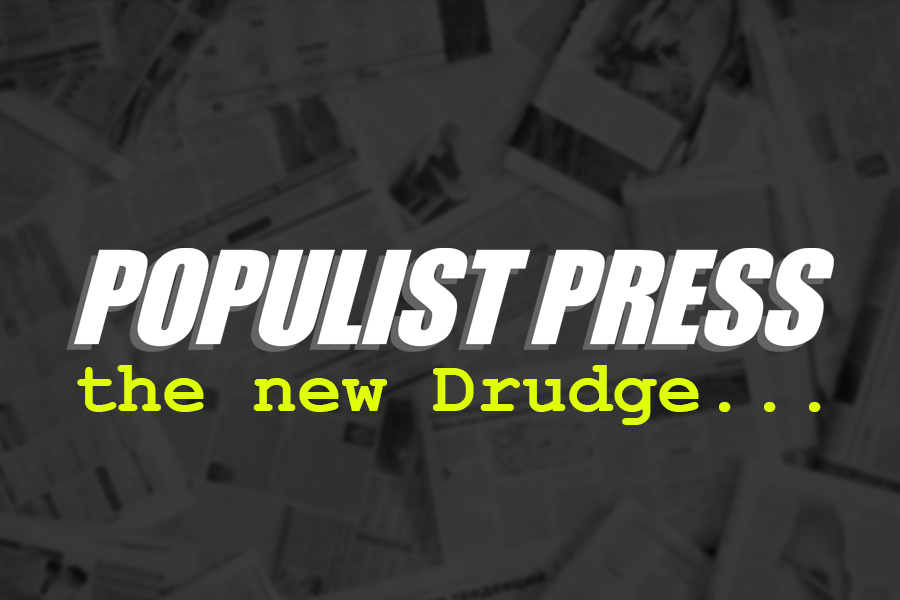
Title: High Court’s ‘Gay Wedding Website’ Decision Brings Hope to Photographer, Baker, and Other Creatives
Introduction
In a recent legal ruling, the High Court has delivered a decision that holds great promise for photographers, bakers, and other creative professionals who held reservations about participating in same-sex wedding ceremonies. The court’s landmark verdict has generated new hope for individuals seeking to balance their deeply-held religious beliefs with their duty to provide services to all customers fairly.
The Background
This case emerged from a photographer’s refusal to capture a same-sex wedding ceremony due to religious convictions. The professional argued that participating in such an event would contradict their personal beliefs, and therefore, should be exempt from providing services to the couple. The controversy sparked a nationwide debate surrounding religious freedom and anti-discrimination laws.
The Court’s Ruling
The High Court’s decision, while respecting religious liberties, emphasized the importance of equality and non-discrimination. In its ruling, the court held that creative professionals cannot refuse services based on the sexual orientation of their clients. However, a narrow exemption was granted to ensure that these professionals would not be compelled to create certain content that could be seen as endorsing same-sex marriage, ensuring a balance between religious freedom and non-discrimination.
Ramifications for the Creative Community
This ruling has brought hope to many photographers, bakers, and other creatives grappling with the delicate balance of serving all customers while adhering to their personal beliefs. It offers clarity on the extent of their obligations, enabling them to practice their professions without compromising their deeply-held religious convictions.
Photographers, for instance, will now better understand their responsibilities towards all clients, including same-sex couples. They must capture the joy of these weddings, ensuring that their work reflects the essence of the special day, regardless of the couple’s sexual orientation. Creatives can now focus on delivering professional services while respecting their customers’ diversity.
Similarly, bakers and cake designers will find solace in the court’s verdict. It confirms that they cannot discriminate against same-sex couples seeking customized wedding cakes, even if designing those cakes runs counter to their religious beliefs. It is crucial to recognize that creating a cake or capturing an event does not necessarily imply endorsing the message or values behind it. These professionals can now fulfill their obligations as culinary artists without compromising their faith.
Moving Forward
While this decision has brought hope, it is important to recognize that it strikes a balance between religious freedom and the societal aim of non-discrimination. This ruling should not be seen as an endorsement of discrimination against same-sex couples in any industry but rather as an affirmation of equality and inclusivity within the bounds of religious freedom.
It is incumbent upon all members of creative professions to approach their work with sensitivity and open-mindedness. It falls upon them to recognize that their crafts are expressions of artistry and do not necessarily indicate personal endorsement of every aspect of their clients’ lives.
Conclusion
The High Court’s groundbreaking decision regarding the ‘gay wedding website’ case has illuminated a path forward for photographers, bakers, and other creatives facing the conflict between religious beliefs and offering services to same-sex couples. This landmark ruling emphasizes the importance of equality while respecting religious freedom, providing hope for professionals who strive to balance their personal convictions with their professional responsibilities. It is now a shared responsibility to foster a society where diverse beliefs can coexist harmoniously as the creative community continues to flourish.
